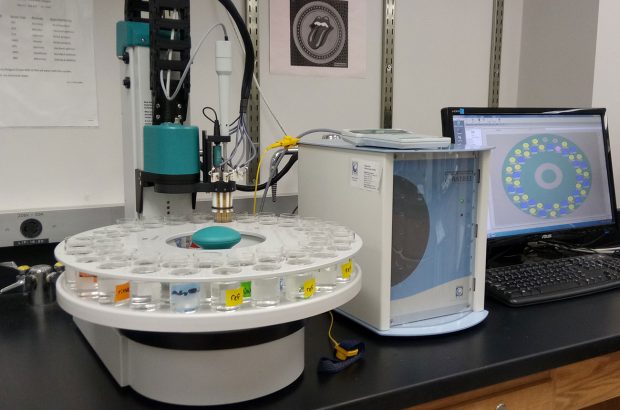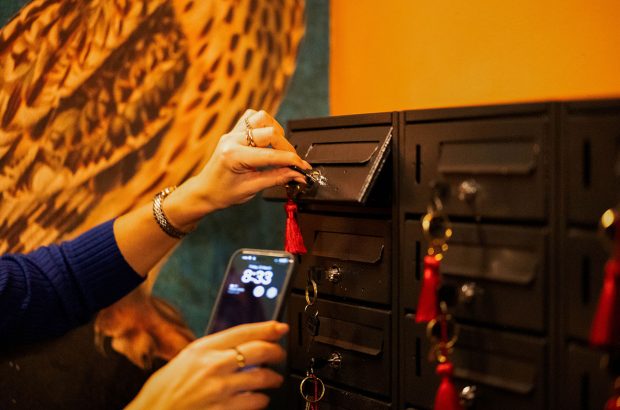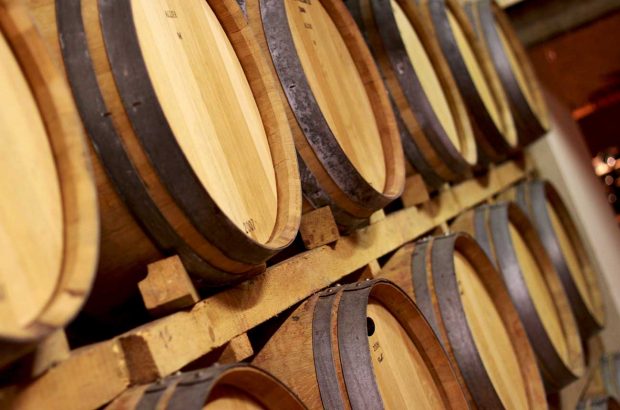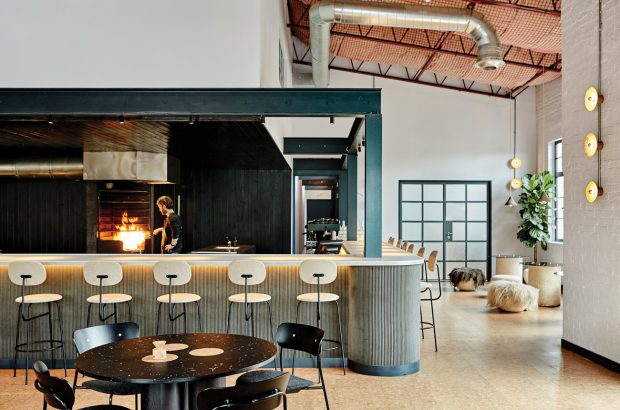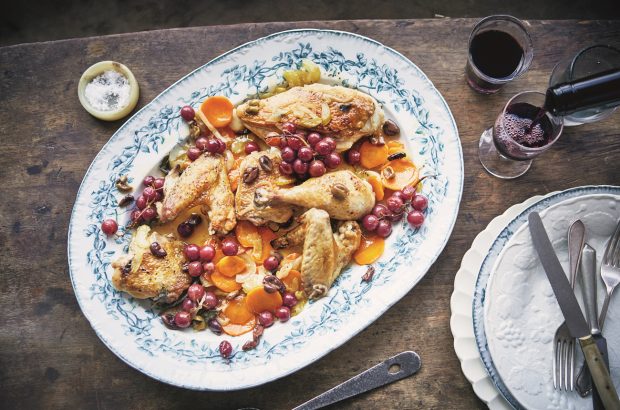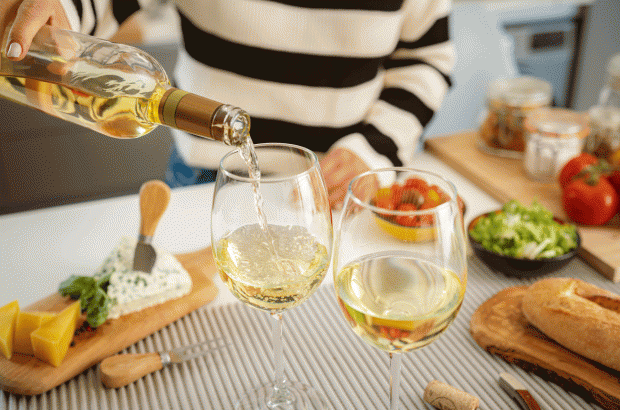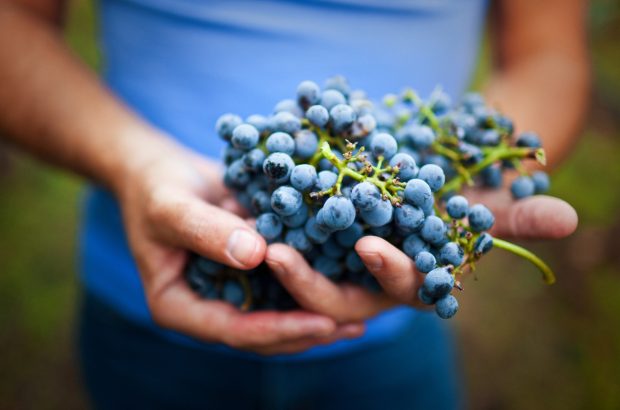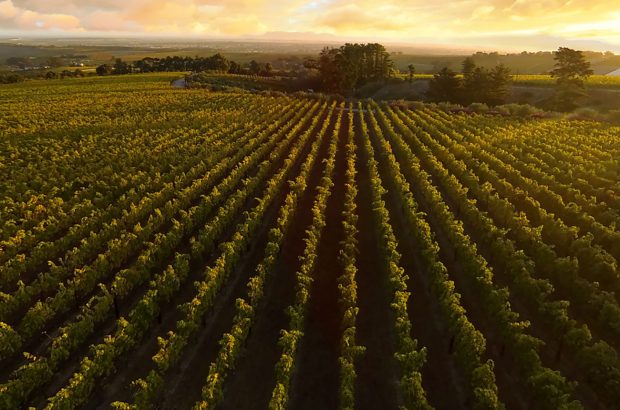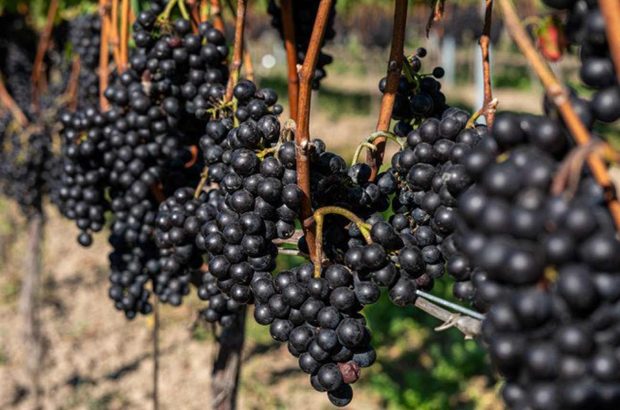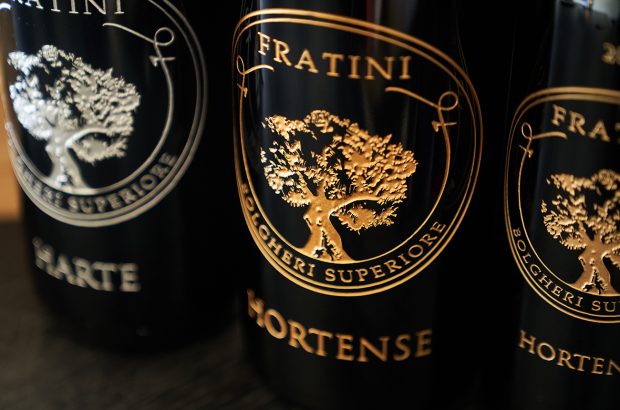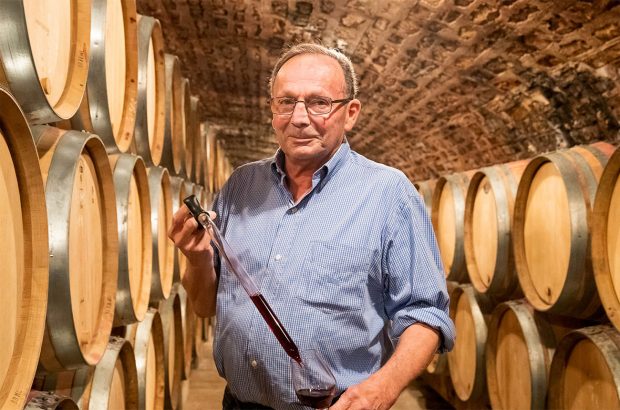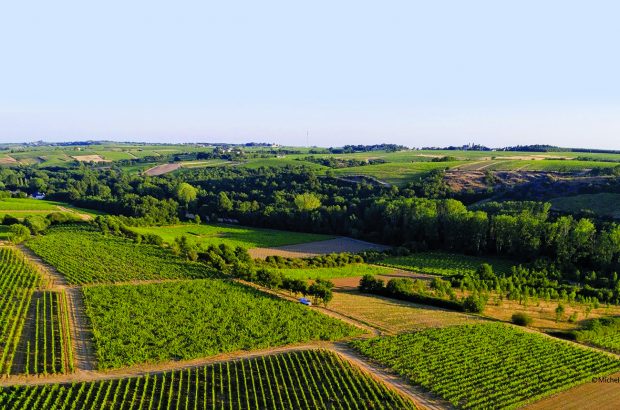Vaughan Johnson is 49 years old, and is doing very well for himself. He owns a sumptuous house near Stellenbosch, and drives a silver Mercedes with, like William Webb Ellis on the football field, ‘a fine disregard for the rules’. Currently unattached, he is one of the most eligible men in Cape Town. However, you may have to hurry as he has recently been seen on the arm of a high-society belle.
Perhaps more importantly, Johnson is the owner of Vaughan Johnson’s Wine Shop in Cape Town’s Waterfront, which has been described as ‘the best wine merchant in Southern Africa’. Last year he opened his second shop in Dublin, Ireland.
Johnson’s history
Surely no-one is better qualified to talk about South Africa’s emergence from the isolation of the apartheid years to its current position, as it claims its place among the world’s foremost wine-producing nations. Johnson’s grandparents, originally from Wales and Lancashire, emigrated to South Africa after the First World War, and his parents were born in Durban. An only child, he graduated from Johannesburg and Durban Universities with degrees in law and accountancy. By 1975 he had become the chief accountant of wine importers Douglas Green, and it was here that he acquired his interest in wine. In 1976, Johnson became more immersed in the wine world when he got the job as an assistant winemaker at Stellenbosch, spending a year in Bordeaux at Château Loudenne.
In May 1977 he joined the KWV, the powerful cooperative wine growers’ association which handled South Africa’s growing export market and was noted for its medium-dry ‘sherry’. Johnson’s first job was to look after a group of British Masters of Wine on their first overseas trip. He says they made him aware of two critical aspects of the wines of the era – the reds were too alcoholic, and the whites lacked varietal fruit and flavour. What Johnson learned changed the Cape wine industry, leading to the introduction of Merlot to soften the Cabernet; and of Chardonnay and Sauvignon Blanc to complement the Chenin Blanc.
South African wine
Since then, the quality of South African wine has improved dramatically, spurred on to greater heights by the fall of apartheid in 1990 and the consequent arrival of much- needed foreign expertise. Highly qualified winemaking consultants such as Michael Rolland have given valuable assistance to South African viticulture, sponsored by the millionaire philanthropist Dr Rupert, who controls much of the tobacco and liquor industries, besides owning Dunhill, Cartier, Piaget watches and Mont Blanc pens.
Johnson’s way
Vaughan Johnson himself decided to remain independent from growers and traders alike. In 1982 he opened South Africa’s first specialist wine shop in Johannesburg, inspired by a visit to Remington Norman’s La Reserve in Walton Street, London. At that time the rand was strong and imports easy to come by, and Johnson made a name for himself supplying white burgundy and Bordeaux to corporate clients and wealthy individuals. Following the advent of democracy, Johnson saw the future for tourism in the Cape. As soon as the Waterfront Development Project was approved, he acquired premises on Dock Street. The Waterfront is now the biggest tourist attraction in South Africa, and its 18 million visitors a year pour foreign currency into South Africa’s national coffers. Johnson had found the ideal location – within eight years of opening, Vaughan Johnson’s Wine Shop has become an institution.
There has, however, been a major change in his policy. On a recent visit, I saw only three imported wines in stock: Tio Pepe, Graham’s Six Grapes and Cockburn’s Special Reserve – one sherry, two ports. With the exception of a few spirit brands tucked away in a corner, everything else in the shop was South African. ‘Now that South Africa is morally accepted abroad, I want to show off the best it has to offer,’ he says. ‘And that means the finest wines and the best value for money.’ The bottom line is that as democracy has flourished, the rand has weakened. Imported wines are now prohibitively expensive. Not that this had much effect on Johnson’s trade or philosophy: 80% of his sales are to foreigners and a staggering 50% of the wines are dispatched overseas.
When Cunard’s QE2 arrived in port recently, 400 cases a day were sent onboard for both passengers’ and crews’ private accounts. Americans will apparently buy Merlot and Chardonnay, while the Brits go for Cabernet and Sauvignon Blanc because of their liking for Sancerre and Bordeaux. Johnson’s celebrity client list reads like a cross between Who’s Who and Debrett’s. Al Gore buys from his shop on a regular basis, as do Maggie and Dennis Thatcher, and the Duchess of Gloucester.
Charlotte Firbank-King
The celebrated South African artist, Charlotte Firbank-King, has just completed a painting entitled Winelands of the Cape. Originally conceived in 1993, the project took her five years to complete and includes every Cape wine farm (there are over 300). The painting is currently on display in the Spier property in Stellenbosch, which boasts a wine shop to rival Vaughan Johnson’s. Not that Johnson is overly concerned by the competition, having designed the place himself.
Spier winery
The Spier winery, owned by Dick Enthoven, is one of several properties on which millions of rand have been lavished. The Franschoek area, for example, has received huge investment by wealthy Johannesburg businessmen, who have little prospect of seeing a profitable return. The wine industry of the Cape has, it seems, created a form of economic apartheid between white owners and black labourers. But empowerment projects are beginning to redress the balance. Land is being given to farm workers, and the income earned from sales of certain wines is earmarked for education – such as those under the Winds of Change label. It will still be some time, however, before black college graduates are seen in management positions in the Cape’s wine estates. But what if empowerment takes a leaf out of Robert Mugabe’s book? Is that why Vaughan Johnson has chosen to open a branch in Dublin? One gets the impression that Johnson has been asked this question a hundred times. ‘I am South African and I believe in its future,’ he says firmly. ‘I will not leave this country. But I like travelling, particularly in Europe.
‘Ireland has the fastest-growing economy in the EU, and Dublin itself is one of the most sophisticated wine markets in the world. It makes commercial sense for us to be there and it provides a great showroom for South African wine.’ Certainly, the good times seem set to last for Johnson, and as the quality of South African wine continues to rise in leaps and bounds, his empire – along with his list of celebrity customers – will only grow.


